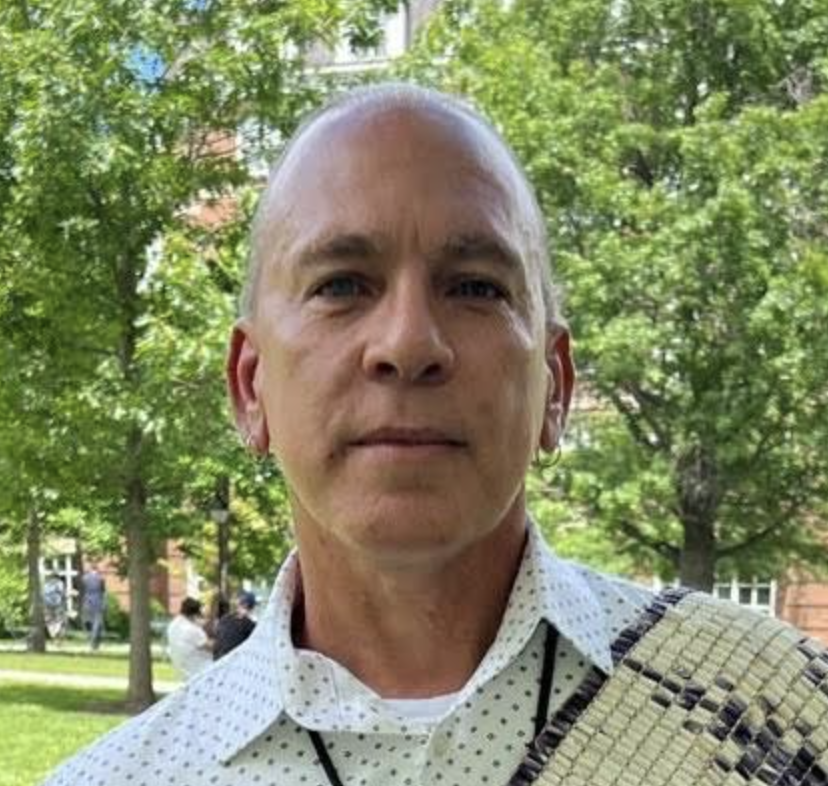The Association on American Indian Affairs has hired a new employee to serve as the nonprofit’s Cultural Sovereignty Director, according to the group’s August 29 announcement.

Reggie Tupponce, a citizen of the Upper Mattaponi Tribe, will oversee the Cultural Sovereignty Program for the Association. He will oversee initiatives on domestic and international repatriation policies and laws, illegal trafficking of cultural heritage, protecting sacred places and sacred ecosystem relationships, and supporting treaty and subsistence rights, according to the Association.
He comes to The Association on American Indian Affairs, the longest serving Native non-profit protecting sovereignty, preserving culture, educating youth, and building capacity, with a decade of experience working in administration for his tribe.
“I have worked with Reggie for many years and have admired his service to his Nation and other Native Nations in Virginia, as well as on boards of Native organizations,” Shannon O’Loughlin, citizen of the Choctaw Nation of Oklahoma and CEO and Attorney for the Association said. “I am grateful to have his skills and experience to support our Cultural Sovereignty work, which strengthens those things that tie us to our lands and cultures. His credibility as a Native advocate and positive attitude will go a long way to nurturing meaningful relationships with Native Nations, Indigenous Peoples, Native and non-Native organizations, foundations and the public.”
Tupponce said he looks forward to his work to “return home all vestiges of our diverse and magnificent cultures.”
More Stories Like This
NCAI Passes Two Emergency Resolutions on Immigration Enforcement ActivitiesChickasaw Lighthorse Police Officer named Indian Country Law Enforcement Officer of the Year
Indian Gaming Association Rallies Broad Coalition Against Sports Event Contracts It Calls Illegal Threat to Tribal Sovereignty
Navajo Resources and Development Committee Issues Notice on Livestock Inspection Requirements
American Prairie, Tribal Coalition Files Protest Over Rescinded Grazing Rights
Help us defend tribal sovereignty.
At Native News Online, our mission is rooted in telling the stories that strengthen sovereignty and uplift Indigenous voices — not just at year’s end, but every single day.
Because of your generosity last year, we were able to keep our reporters on the ground in tribal communities, at national gatherings and in the halls of Congress — covering the issues that matter most to Indian Country: sovereignty, culture, education, health and economic opportunity.
That support sustained us through a tough year in 2025. Now, as we look to the year ahead, we need your help right now to ensure warrior journalism remains strong — reporting that defends tribal sovereignty, amplifies Native truth, and holds power accountable.
 The stakes couldn't be higher. Your support keeps Native voices heard, Native stories told and Native sovereignty defended.
The stakes couldn't be higher. Your support keeps Native voices heard, Native stories told and Native sovereignty defended.
Stand with Warrior Journalism today.
Levi Rickert (Potawatomi), Editor & Publisher


